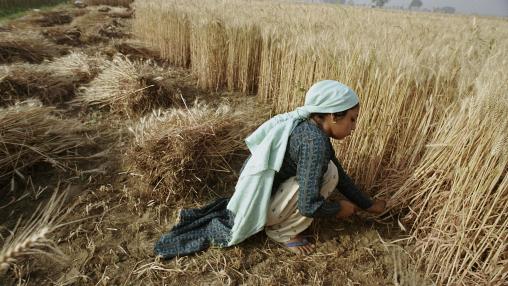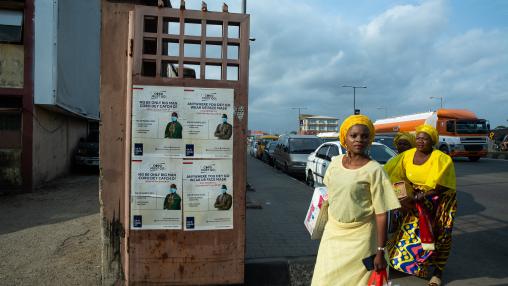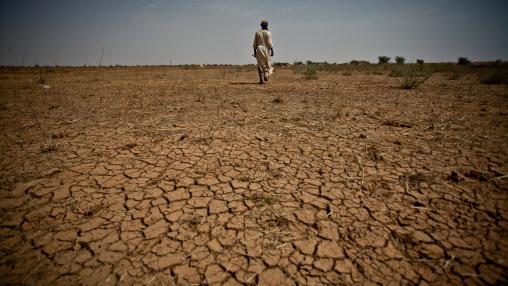GLOBAL LAUNCH EVENT - 2021 Global Food Policy Report: Transforming Food Systems After COVID-19
COVID-19 has upended local, national, and global food systems, and put the Sustainable Development Goals further out of reach. But lessons and momentum from the world’s response to the pandemic can contribute to food system change. In the 2021 Global Food Policy Report, IFPRI researchers and experts explore the impacts of the pandemic and government policy responses to date, particularly for the poor and disadvantaged, and consider what it all means for transforming our food systems to be healthy, resilient, efficient, sustainable, and inclusive.

COVID crisis is fueling food price rises for world's poorest
Over the last year, COVID-19 has undone the economic, health and food security of millions, pushing as many as 150 million people into extreme poverty. While the health and economic impacts of the pandemic have been devastating, the rise in hunger has been one of its most tangible symptoms.

How should we measure food security during crises? The case of Nigeria
High-frequency monitoring of access to food has become especially important during the recent COVID-19 pandemic. Food access in Nigeria, and across the globe, has significantly worsened since the start of the pandemic due to significant disruptions to food supply chains and widespread loss of income. Poor access to food can have both short- and long-term impacts on health and wellbeing and is thus an important targeting criteria.
Impacts of COVID-19 on Global Poverty, Food Security and Diets
COVID-19: Needs Analysis Informing WFP’s Global Response Plan: Methods and Key Findings
WFP VAM the Market Monitor issue 48 - July 2020
Global Report on Food Crises - 2020 September update

Sharp increase in food insecurity because of COVID-19, says global food crises report update
In 2019, as many as 135 million people across 55 countries required urgent food, nutrition, and livelihood assistance, according to the 2020 Global Report on Food Crises. This was the highest global number of acutely food-insecure people on record. The GRFC’s mid-year update, released last week, takes a look at recent data for 26 of those countries (plus Togo) and specifically examines the impacts of the COVID-19 pandemic.
Enhancing Cross-Border Trade and Food Security through Data and Information
The COVID-19 pandemic has unleashed a global health crisis causing deep disruptions to and widespread impacts on food systems, social systems, and economic development.